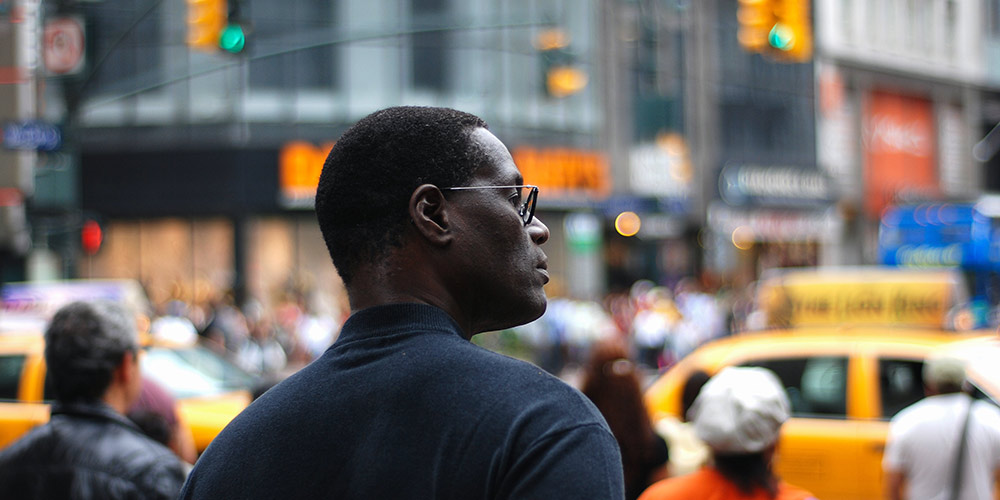The promise of continued advancement of technology is a massive opportunity for our world’s cities. As we sit in traffic, circle a block for parking, or brake for a pedestrian, we long for new and smarter ways for mobility in cities to become more livable and sustainable. We at Dell Technologies believe that the scale and complexity of mobility in cities – where over half the world’s population now lives – is matched only by its absolute importance to everyday lives.

We are proud to work with Ford and other corporate partners to help deliver on this promise through the City of Tomorrow Challenge. This program looks at three cities: Pittsburgh, Miami, and Grand Rapids, Michigan and provides a platform for collaboration between citizens, corporations like us, and nonprofits to propose and pilot solutions to improve mobility. This design-led approach from Ford puts an emphasis on listening to the community through qualitative and quantitative research, co-creation from a wide range of stakeholders, and landing on a real, tangible pilot.
The ideas coming into the platform or through the community workshops reflect the unique characteristics of the three communities. In Pittsburgh, one contributed idea is to build new affordable light rail over the old industrial rail infrastructure. Another idea is a call for wayfinding for walking paths that avoid hills and construction. Another idea points out the lack of public transportation for the city’s east side.
In Miami, with the 10th worst traffic on the planet, conversation on the site is dominated with ideas to reduce time on the road. Contributors point out specific choke points, ask for new public transit solutions or, my favorite, recommend that everyone re-take a driver’s test. In Grand Rapids, however, people have an average of a 20-minute commute. Traffic is simply not an issue. This city has an opportunity to, say, rethink parking in the downtown area, or enhance bike paths or walkability.
What ideas do you have? Please check out the Challenge website to share your experiences, sign up for community working sessions, and offer insight into the variety of ways people move around the targeted cities today. In early July, the application period will open and participants can submit their ideas for a chance to win up to $100K in pilot funding to test their solutions.
In September, semi-finalists will be selected to attend a prototyping session and receive mentoring support to refine their ideas before submitting a final pilot proposal. During the Challenge’s concluding stage, a prize of $100,000 will be awarded to the winner, who will be given the opportunity to use those funds to conduct pilot programs in partnership with their city, Ford, and other corporate partners.
This type of challenge perfectly aligns with our purpose, which is to create technologies that drive human progress. We are participating in the challenge alongside the cities and Ford and look forward to sharing ideas and learnings from experiences we’ve had in digital cities projects from around the world. We will learn from this project as well – and use this knowledge to better support our customers.
We believe we can play a key role in making Ford’s vision real. We have built our unique family of companies on the idea that progress lives at the intersection of technology and humanity. Where better to further this idea than in some of the world’s great cities?
